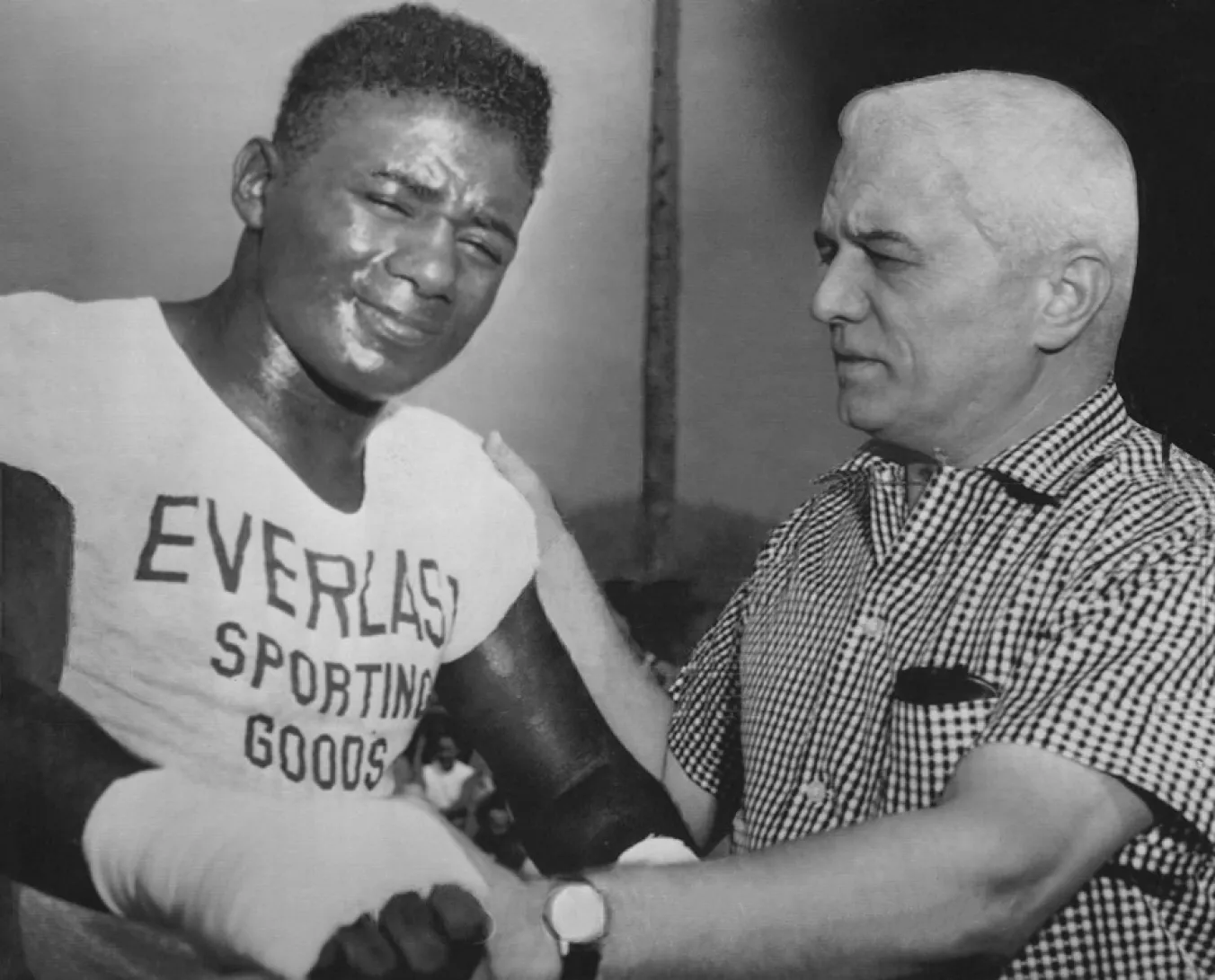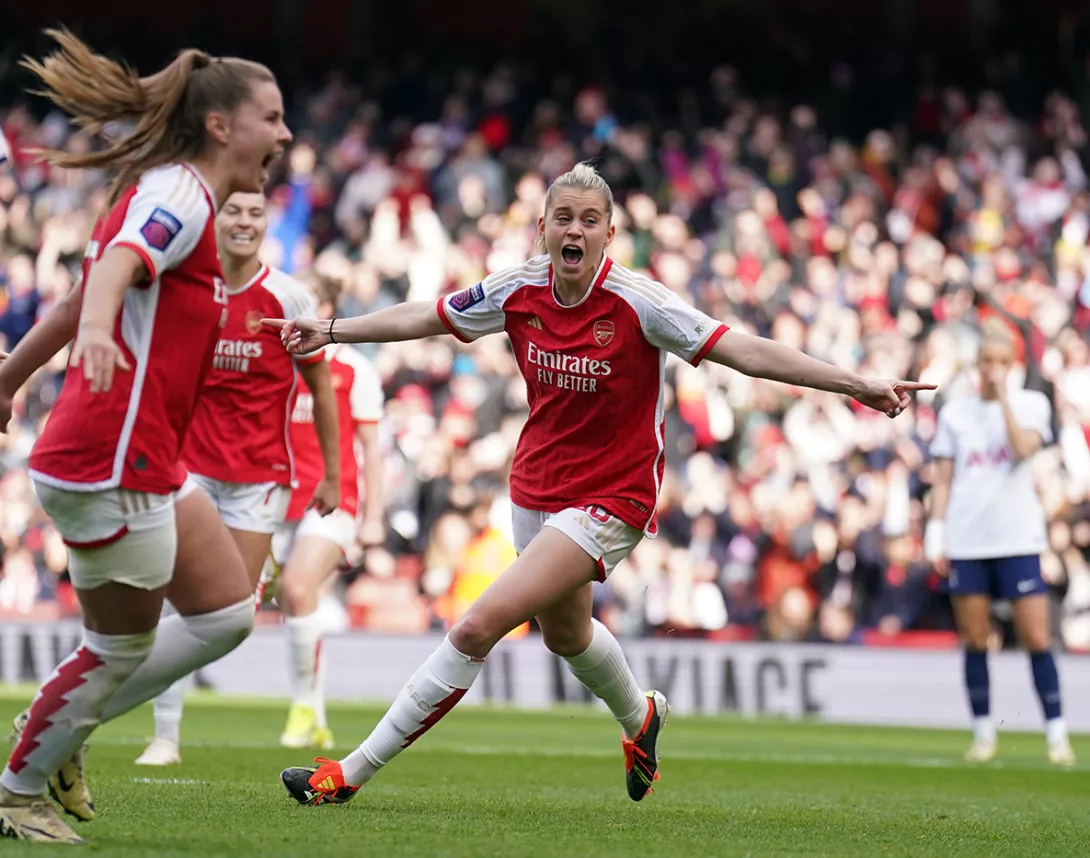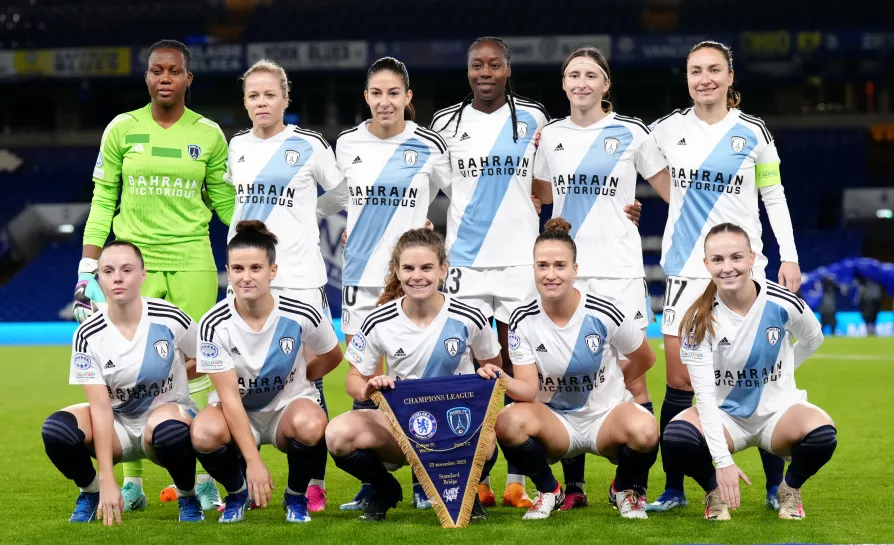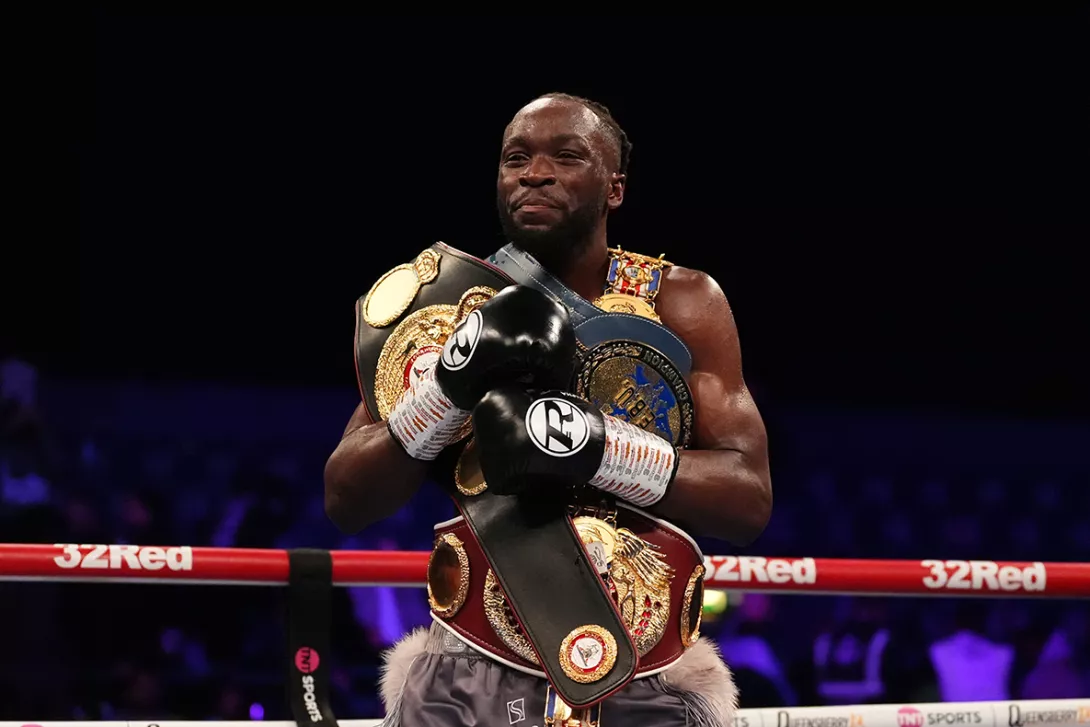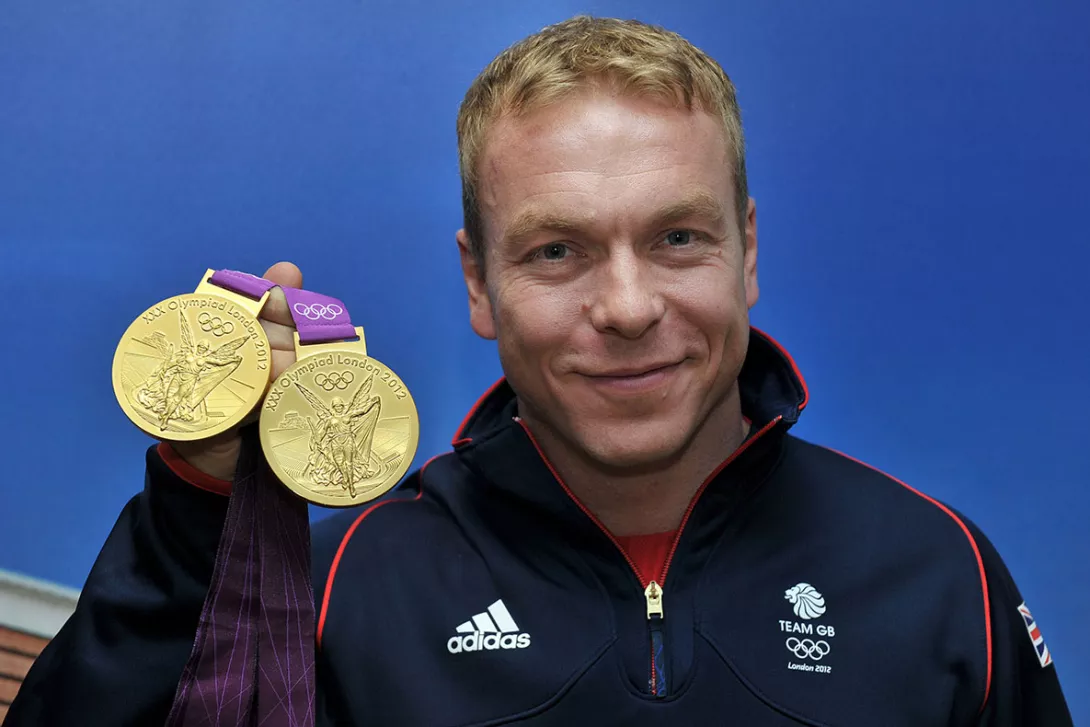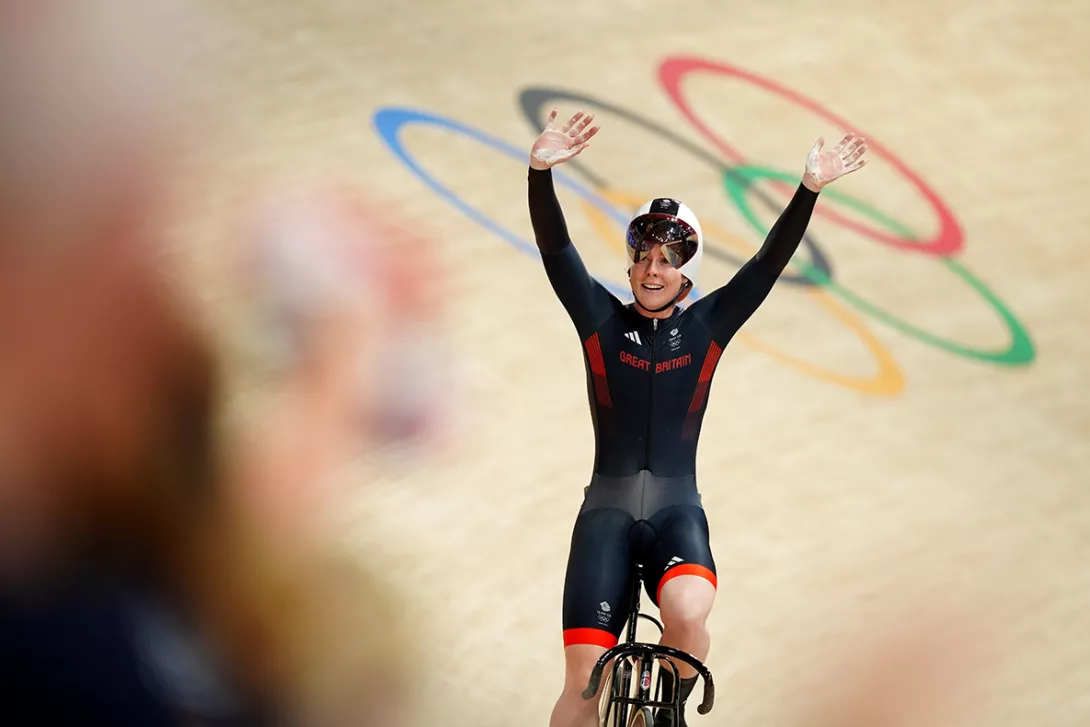JOHN WIGHT writes on legendary boxing trainer and philosopher, Cus D’Amato
Sir Chris Hoy reveals his cancer is terminal
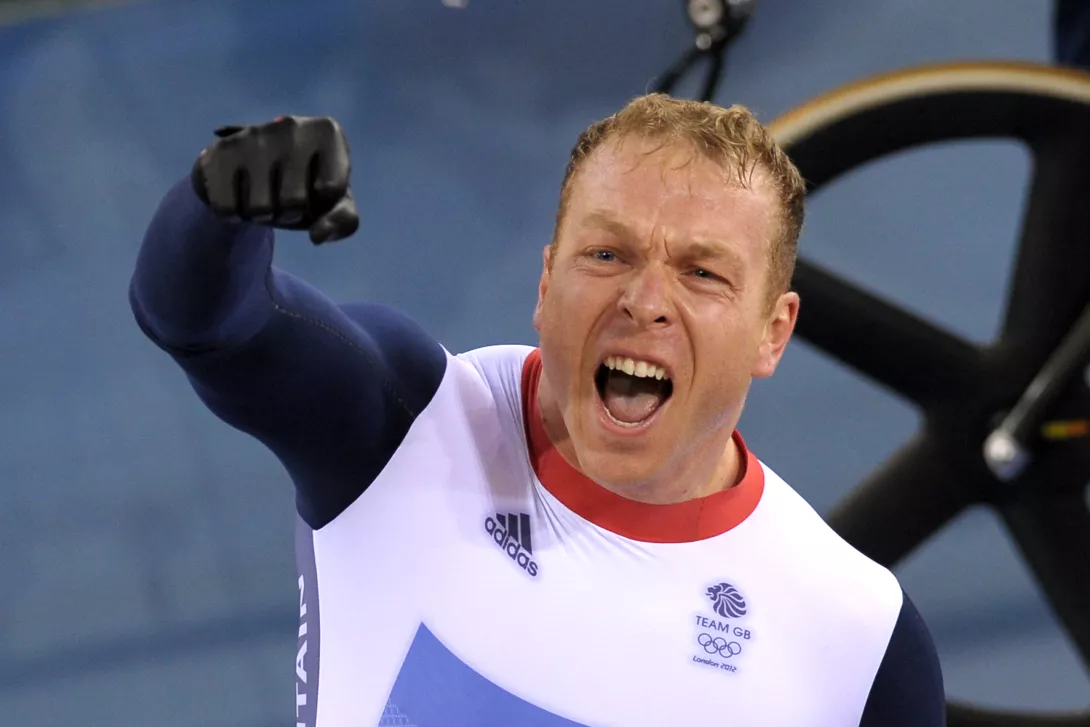
SIR CHRIS HOY revealed today his cancer is terminal.
The six-time Olympic cycling champion has been given a diagnosis that he has two to four years left to live, according to the Sunday Times.
The 48-year-old Scot revealed in February he was undergoing treatment, including chemotherapy, but the Sunday Times says he has known for a year his cancer was terminal.
More from this author
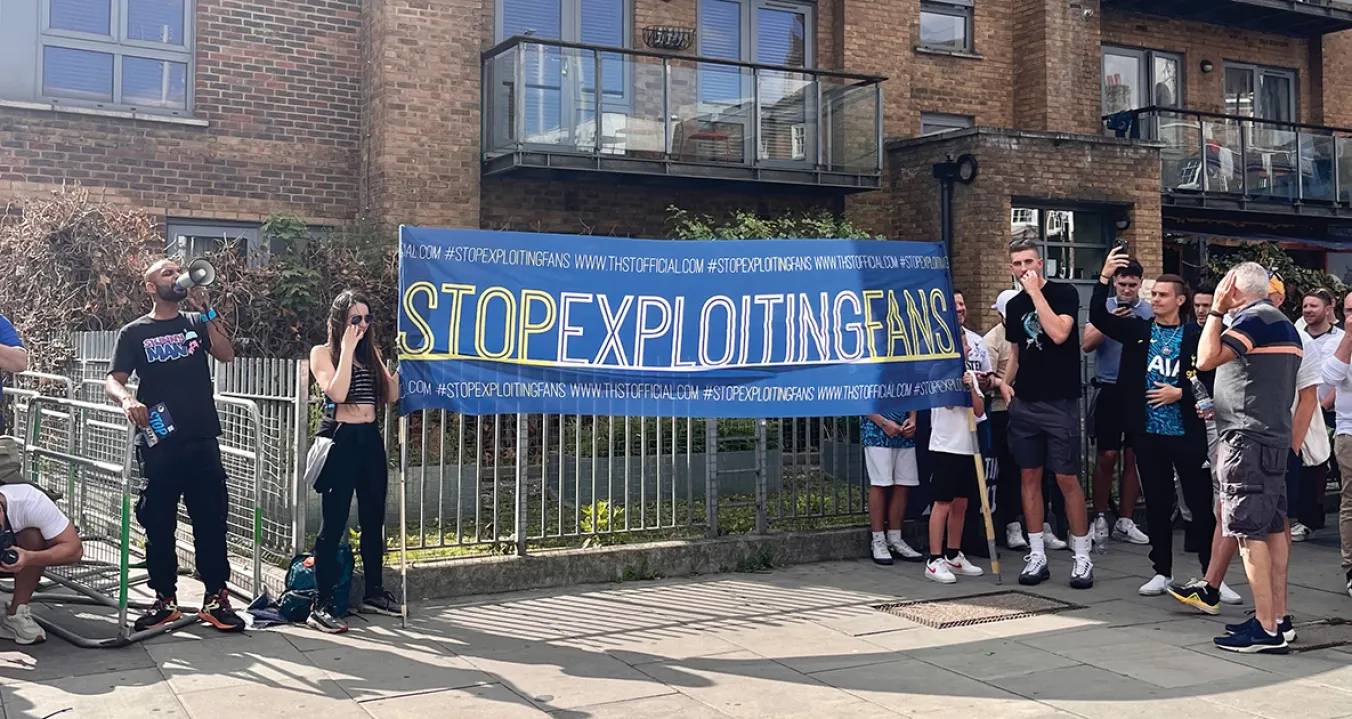
BELLA KATZ speaks to Tottenham Hotspur Supporters' Trust vice-chair ANTHOULLA ACHILLEOS about their latest campaign against exponential ticket price increases


